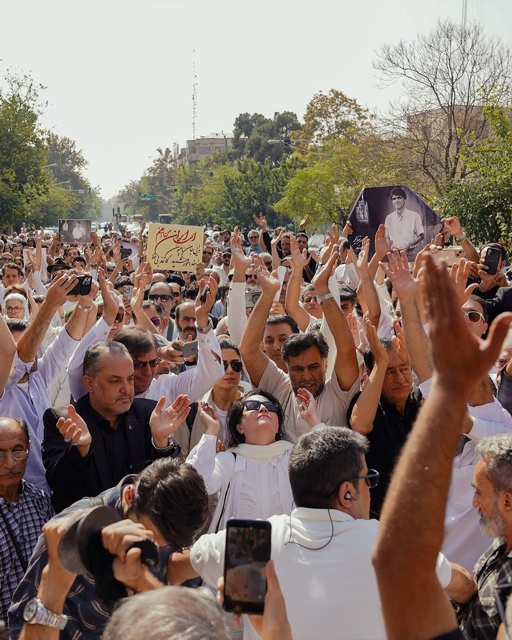Even in narrative works, his camera moved like an ethnographer’s lens — patient, respectful, and attuned to the nuances of daily life. In Tranquility in the Presence of Others (1972), Taghvai explored psychological depth through the story of a retired military officer and his family. The film was banned for years due to its sensitive depiction of social and moral issues but is now hailed as one of the finest achievements of pre-revolutionary cinema. A lover of literature, Taghvai drew heavily from world writers. He had a long creative partnership with Gholamhossein Sa’edi, whose short stories provided the basis for several of his scripts.
He also admired foreign writers like Hemingway and Chekhov, adapting their works to fit the cultural and geographical context. This literary foundation gave his films a narrative depth and psychological realism that set them apart. His characters were rarely symbols; they were conflicted, passionate, and deeply human — people caught between the old and the new, between duty and desire. Despite facing censorship, funding difficulties, and long gaps between projects, Taghvai remained a respected voice of integrity in cinema. His perfectionism and refusal to compromise often meant his films took years to complete — but the results were always artistically rigorous.


